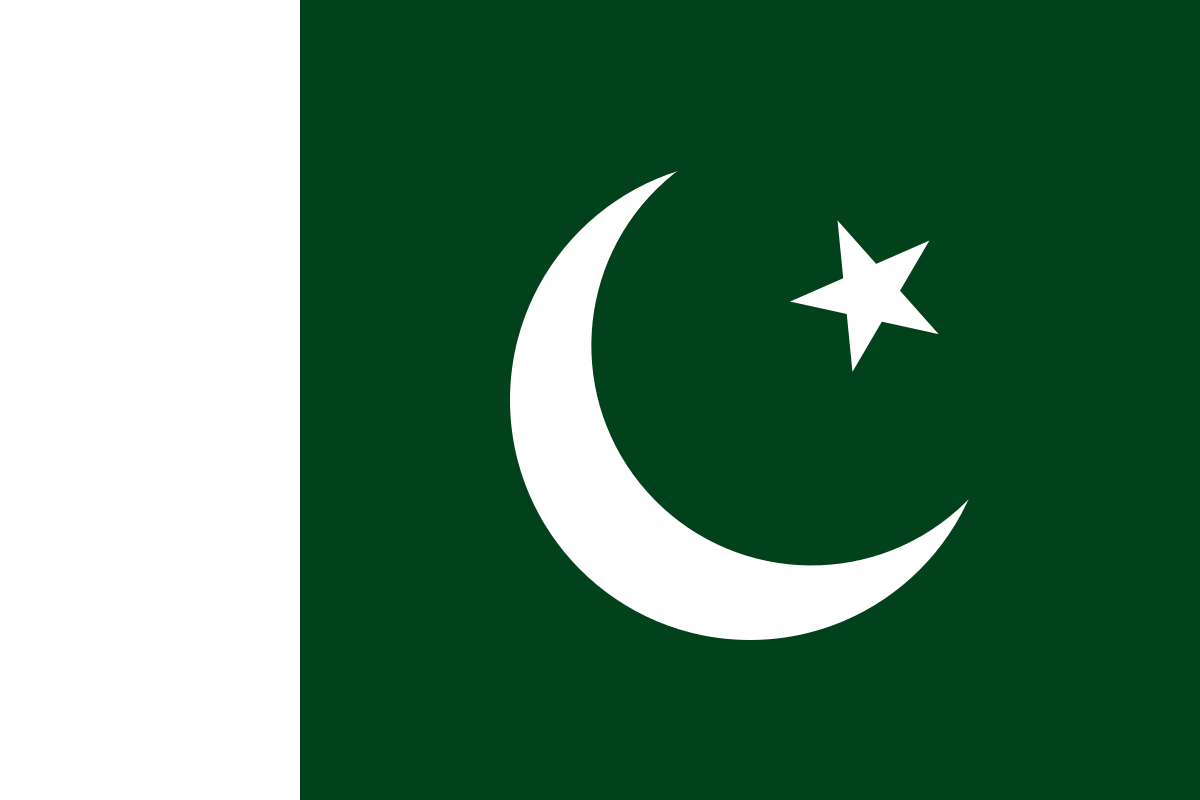Press freedom stands as an indomitable pillar within the very fabric of democratic societies, and Pakistan is no exception to this pivotal principle. Yet, the rich tapestry of Pakistani journalism unfolds as a gripping saga, replete with moments of soaring liberty intertwined with harrowing bouts of repression, particularly beneath the shadowy cloak of establishment dominance and interference.
The contemporary panorama of freedom of expression in Pakistan has become a cause for profound concern in recent years. The nation’s descent to the 150th position out of 180 countries in the 2023 World Press Freedom Index starkly highlights a concerning and substantial decline in the state of press freedom. Within Pakistan, journalists grapple with an array of challenges, including the ominous spectre of physical assault and persistent threats and harassment.
As Pakistan strides forward, it is imperative for the authorities to actively safeguard press freedom, recognising it as an indispensable element of a well-functioning democracy. Echoing this sentiment, journalist and commentator Cyril Almeida succinctly underscores, press freedom is vital for democracy. Therefore, it can be deduced that is it indispensable for accountability, as it is a cornerstone of democratic governance, which is unattainable without a free press, thereby positing that democracy itself is contingent upon accountability.
The annals of Pakistan’s press history are imbued with a rich and venerable legacy, initiated with the arrival of newspapers in the 19th century. However, it was only in the late 1940s and early 1950s that the press underwent a transformative phase, flourishing with a dynamic and diversified array of periodicals exploring a wide spectrum of themes. Unfortunately, this golden era of press freedom proved ephemeral, as repressive regimes during the tumultuous 1960s and 1970s imposed severe constraints on the liberty of the press.
The establishment’s supremacy over Pakistan has persisted for more than half of its independent existence, a situation that many argue continues to hold sway to this day. Throughout these periods of establishment influence, the free press endured severe constraints marked by widespread censorship and intimidation tactics. Ayub Khan, who held dictatorial power from 1958 until 1969, imposed draconian limitations on press freedom, instituting stringent censorship protocols and aggressively pursuing legal action against dissenting journalists.
The 1960 Press and Publications Ordinance bestowed sweeping authority upon the Pakistani government over the press, allowing it to prohibit publications deemed detrimental to national ideology or security. Journalists who dared to critique the government faced arrest, incarceration, and torture, resulting in a palpable decline in the quality and accuracy of reporting. Similarly, during Zia-ul-Haq’s tenure from 1978 to 1988, stringent censorship regulations were enforced, granting the government unprecedented control to suppress any news deemed contentious or unfavourable to the regime.
Under General Pervez Musharraf from 1999 to 2008, corporate media entities experienced significant growth, albeit under persistent curtailment of press freedom. Major media outlets such as Geo TV, Express News, Dawn News, and ARY News came under the control of major corporate entities. Despite the apparent expansion, censorship persisted, with journalists facing persecution for daring to criticise the administration. General Musharraf solidified governmental control over the media landscape by enacting the Pakistan Electronic Media Regulatory Authority Ordinance (PEMRA) in 2002, granting the government broad regulatory authority over electronic media. This legislation precipitated incidents of journalist harassment, intimidation, and physical assaults, resulting in discernible declines in both the calibre and precision of media endeavours.
The most recent wave of censorship and the crackdown on journalists can be traced back to April 2022. Subsequent to this event, PEMRA initiated a campaign of censorship targeting numerous media outlets and journalists.
Furthermore, the 2016 Prevention of Electronic Crimes Act (PECA) endows authorities with expansive powers to monitor and regulate internet content. A recent study conducted by Pakistan’s Human Rights Commission underscores the imperative of fostering greater transparency and accountability in the management of online content.
Despite the conscientious efforts of Pakistan’s reporters and press organisations to uphold ethical standards in news coverage, the future trajectory of press freedom remains uncertain. The establishment of the Pakistan Media Development Authority, ostensibly aimed at fostering a free and independent media landscape, is a commendable initiative. However, the persistent challenges confronting journalists and media entities in Pakistan underscore the formidable obstacles that still impede the full realisation of press freedoms in the country.
It is imperative for the government to undertake targeted initiatives aimed at safeguarding press freedom, including ensuring the safety of journalists, fostering media pluralism, and implementing regulations conducive to media independence. The press must enjoy freedom not only from government interference but also from the undue influences exerted by powerful individuals and groups.
The suppression of press freedom and the strangulation of free expression in Pakistan unfold as a foreboding spectacle, a treacherous narrative that threatens to erode the very essence of democracy. The stage of the nation’s history bears witness to the tragic consequences of repression, a haunting echo underscoring the urgent need for the liberating cadence of a free press. The media, a vigilant guardian of democracy, bestows upon journalists the weighty mantle of holding the powerful accountable, lest they dance too close to the precipice of impunity. Against the backdrop of gathering storm clouds, Pakistani journalists find themselves cast as the protagonists, tasked with the formidable mission of unravelling tales of public interest that pierce through the darkness, illuminating the path to truth and justice in a riveting battle for accountability.

